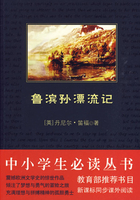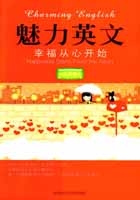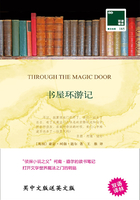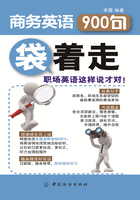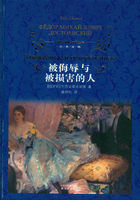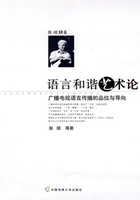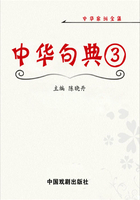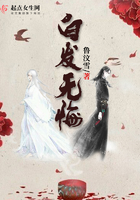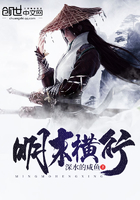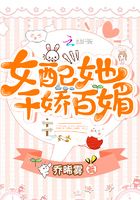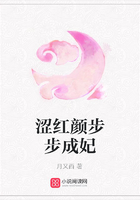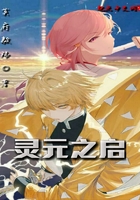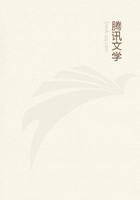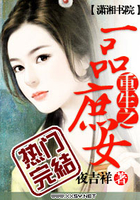Fourteen were signed with Britain alone. They were: The Treaty of Guangzhou, The Treaty of Nanking, the Treaty of Tien-tsin (Tianjin), the Supplementary Treaty of Tien-tsin, the Convention of Peking, the Alcock Convention, the Chefoo Convention, the Supplementary Agreement to the Chefoo Convention, the Convention of Calcutta, the Second Convention of Peking, the Sino-Russo-British "Boxer Protocol," and the Convention Between Great Britain and China Respecting Tibet.
The Treaty of Nanjing, the Convention of Peking, and the Second Convention of Peking were the three agreements that ceded Hong Kong to the British.
It's said that the total value of reparations rendered by China equated to over 30 million kilograms of silver, or eleven times the Qing government's annual revenue in 1901.
I do not know if this figure is accurate, but I do know that in the Boxer Protocol—signed with Russia, Britain, the United States, Japan, Germany, France, Italy, Austria, Spain, the Netherlands, and Belgium—China was forced to pay reparations of 450 million taels worth of silver, repayable over thirty-nine years, at an annual interest rate of 4% per year. The final payment exceeded 980 million taels. The Sino-Japanese Treaty of Shimonoseki saw Japan occupy Taiwan, the Penghu Islands nearby Taiwan, the Liaodong Peninsula, and two-hundred million taels in reparations from China.
The burden of these reparations, paid in silver to foreign powers, fell directly on the heads of ordinary Chinese people!
One would expect that anyone of good conscience and a sense of national self-respect, put in Keying's place—having been charged by imperial mandate to sign the Treaty of Nanjing with Britain, a treaty signed under duress, and one that represented a national humiliation and forfeiture of sovereignty—would discharge their duty with a heavy heart, borne down by a sense of responsibility and shame. But on the contrary: At the banquet meant to "celebrate" the signing of the treaty, this old mandarin, already past the age of fifty, instead displayed an intense interest in black cherry liquor and strawberry brandy, and after a few dozen cups, began to unsteadily bellow traditional Manchu ditties. The British bore witness to this buffoonish behavior. The British author Frank Welsh writes in his book A History of Hong Kong: "One naval witness said that Mr. K (Keying) had certainly consumed at least fifty glasses of alcohol, and sang a song. Can you imagine the scene, with the emperor's uncle singing?"
On June 26, 1843, Keying went to Hong Kong with Henry Pottinger for the ceremony marking the official exchange of treaty texts for the Treaty of Nanjing. At the banquet, Pottinger gave Keying a portrait of the old Manchu's family. Keying was moved to tears, and declared on the spot that Pottinger's son would also be his adopted son. He then offered up the gold rings and calligraphy-covered paper fans he carried with him as a reciprocal show of gratitude. Pottinger also gave Keying a Western knife. The Qing court official's robes were covered with his tears, and it was many moments before he released Pottinger from a thankful embrace.
Who was this Pottinger, Hong Kong's first governor and the vanguard of the British invasion of China? He was soldier born into a prominent Anglo-Irish family, and a doer of Herculean deeds for Britain during the first Opium War. Replacing the ill-starred Charles Elliot, he led twenty-six gunships northward from Hong Kong, attacking and occupying Zhoushan, Zhenhai, and Ningbo, crashing into Nanjing and forcing the Qing government to sign the Treaty of Nanjing.
At this point, I can only lay down my pen and sigh:
That a high government official representing the country could be so muddleheaded, could fawn so obsequiously, that he could look upon the enemy as a friend … and that the country would turn to this minister repeatedly. How could China not have been carved up by foreign powers?
Even more lamentable was that Keying was far from the only Chinese person to behave this way, bowing and scraping before foreigners, not hesitating to sell out their country and the interest of their people to prolong their decadent existences. At one time, this was a venerable Chinese tradition, a rotten element of our heritage. Under feudal imperial rule, Chinese people were not permitted to resist, and were taught to act as slaves. They were allowed only to kowtow, be it for the emperor or for their ancestors. So when the invaders came, they knew only how to kowtow, not how to resist.
In his essay "The Years of Treachery," General Liu Yazhou dissects the warped root causes of this traitorous behavior, and finds that they are profound indeed:
"China has a rich history of traitors. The roll call, if spoken aloud, would never end. But where are the true traitors to be found? In our hearts. There were two peak periods for massive treachery in Chinese history. One was in 1884. The other was in the War Against Japanese Aggression (1937-1945). There are two characteristics by which one can recognize a traitor: First, they bow their heads before foreign princes, the perfect picture of a slave. Second, they engage in civil war, and dispatch troops to punish their countrymen in a display of their unparalleled 'heroism'."
China's war of resistance against Japan stretched eight long years, during which thirty million Chinese people died or were wounded.
Was this only because our weapons were out of date? Was it only because China lacked tough ships and powerful guns?
No! It was because the Chinese people, like a bucket of loose sand, were not able to join in opposition to a common adversary. And because it is a rare day our people produce patriots like Yue Fei (1103-1142) and Lin Zexu, while collaborators like Wang Jingwei (1883-1944) are to be found in abundance.

